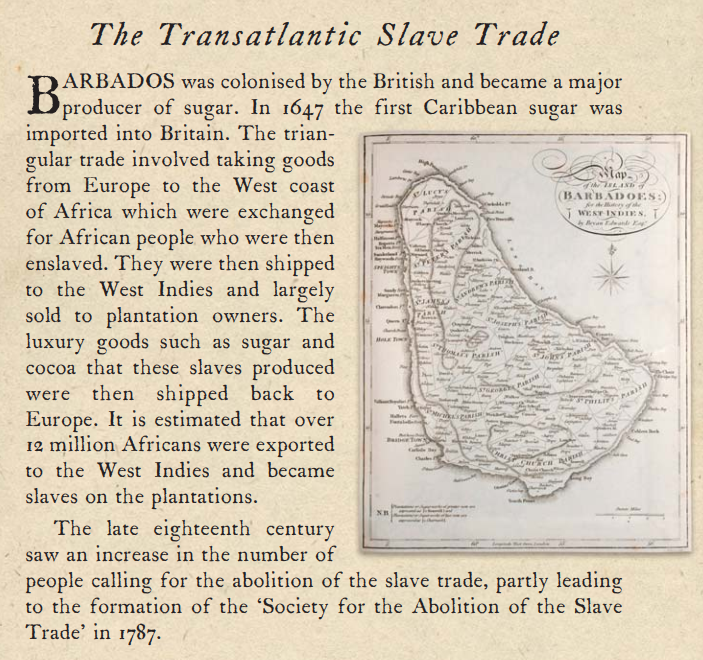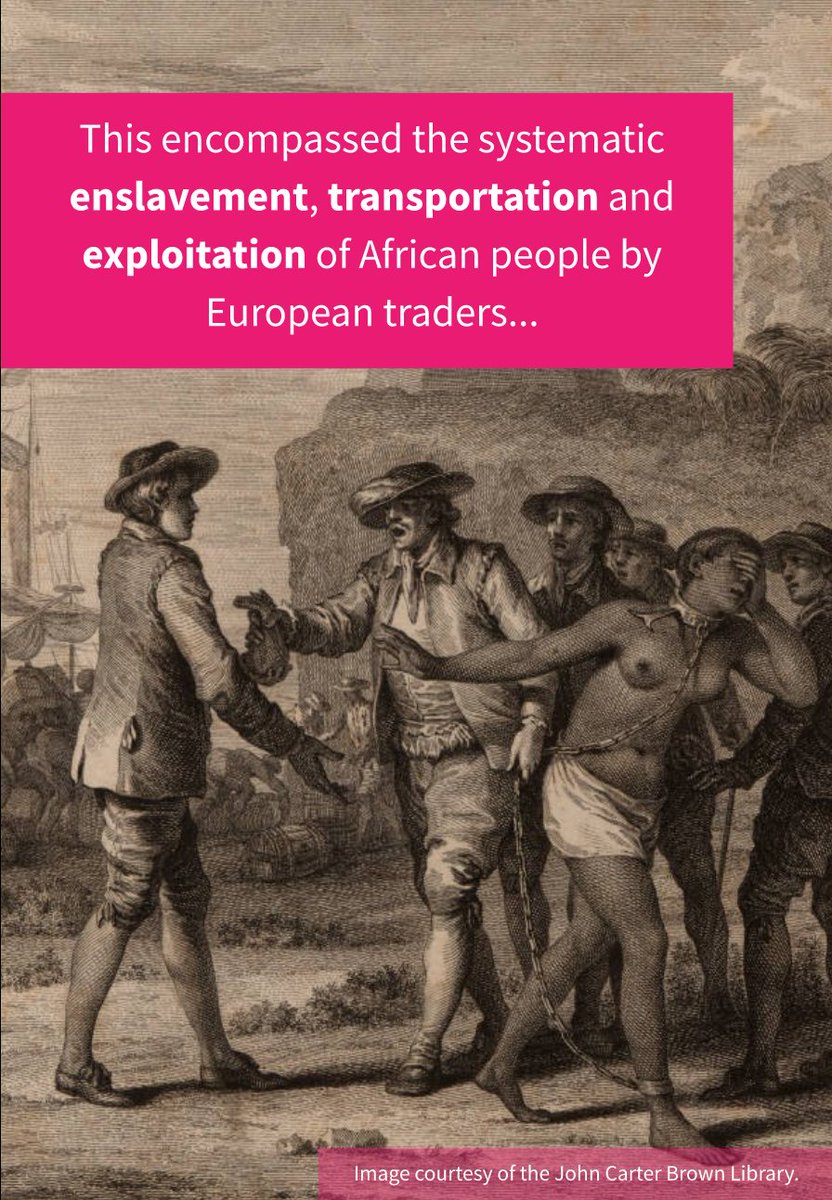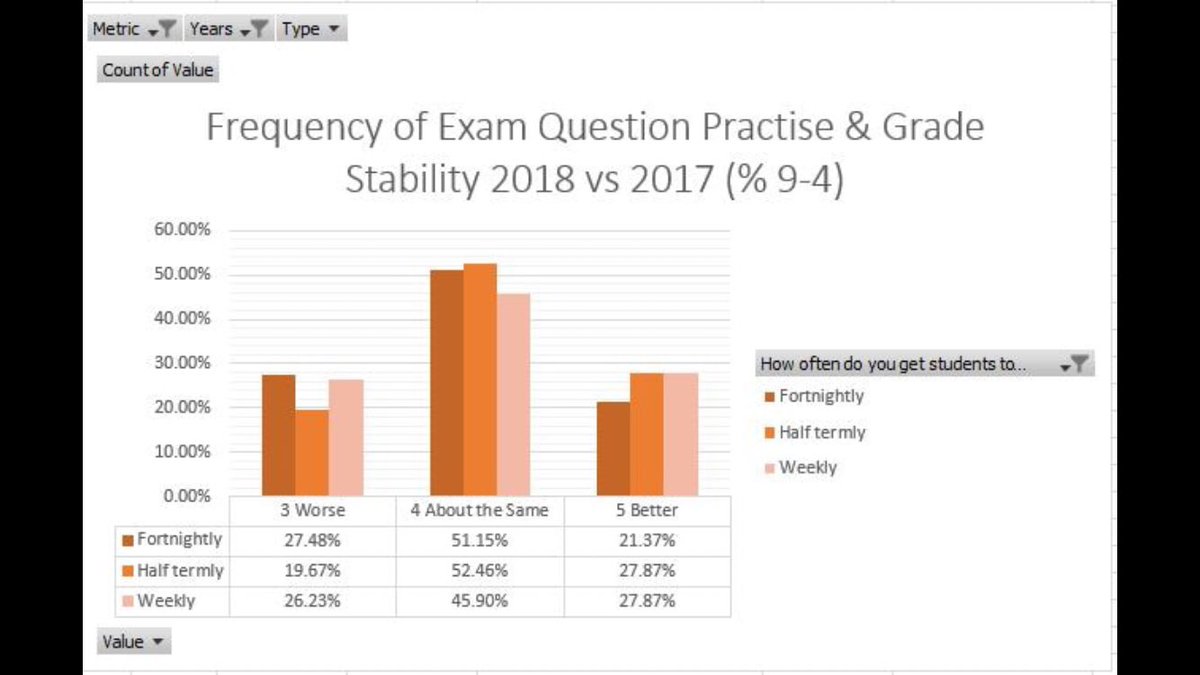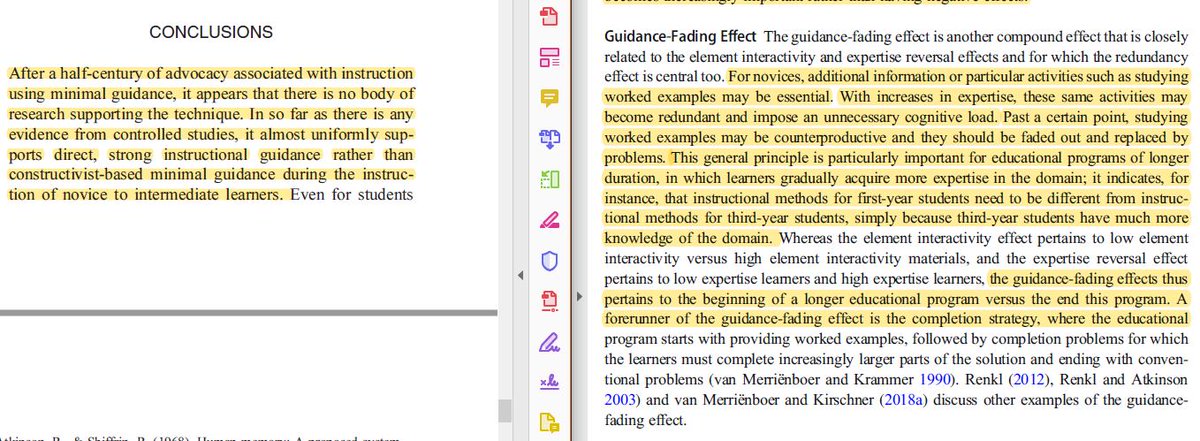
So @OliverDowden seems to think contextualising our heritage more fully is leading to "misunderstanding". Presumably there was some golden age where heritage and history was represented "fairly" in the past? Let's see shall we? [Thread] 

Let's take a journey back in time to 2010. If you wanted to explore the roots of Harewood House (built using profits from the slave trade) this is what you would have found online. Hmmmm.... maybe heritage orgs weren't that good at presenting a rounded history at all... 



@katiehall1979 developed a great unit for KS4 (c.2006) exploring how Harewood presented (or failed to present) its historic roots - especially in materials expressly created for this purpose. Here you can see Harewood paying lip service to engagement in some materials from 2007. 



More from 2007: In this extract from Harewood's "available by request" Harewood 1807 leaflet, the Lascelles are distanced from the act of enslavement by describing the processes of enslavement as somehow detached from the actions of the Lascelles themselves. 

Here it is implied that Henry Lascelles was caricatured as a supporter of slavery and was not opposed to abolition despite being heavily invested in enslavement. The second extract suggests he stood down for reasons unconnected to slavery. 



I carried on teaching this until 2011. Each year we asked to work with Harewood and offered to share our work. Each year they refused. By 2013, the special "1807" site had been taken down and references to slavery and Harewood were all but gone again. 



Yet now, in the wake of the #BLM protests, there has been some movement. Harewood are finally engaging more meaningfully, and more accurately, with their history. History is once again mentioned and there is a direct and frank engagement with the slave roots of Harewood. 







But there's much left to do. Visitors still need to seek the information out, and euphemisms abound.
Attempts to undo these first faltering steps by the heritage industry only serve to return us to an inaccurate, incomplete, and silenced interpretation of the past.

Attempts to undo these first faltering steps by the heritage industry only serve to return us to an inaccurate, incomplete, and silenced interpretation of the past.


• • •
Missing some Tweet in this thread? You can try to
force a refresh














